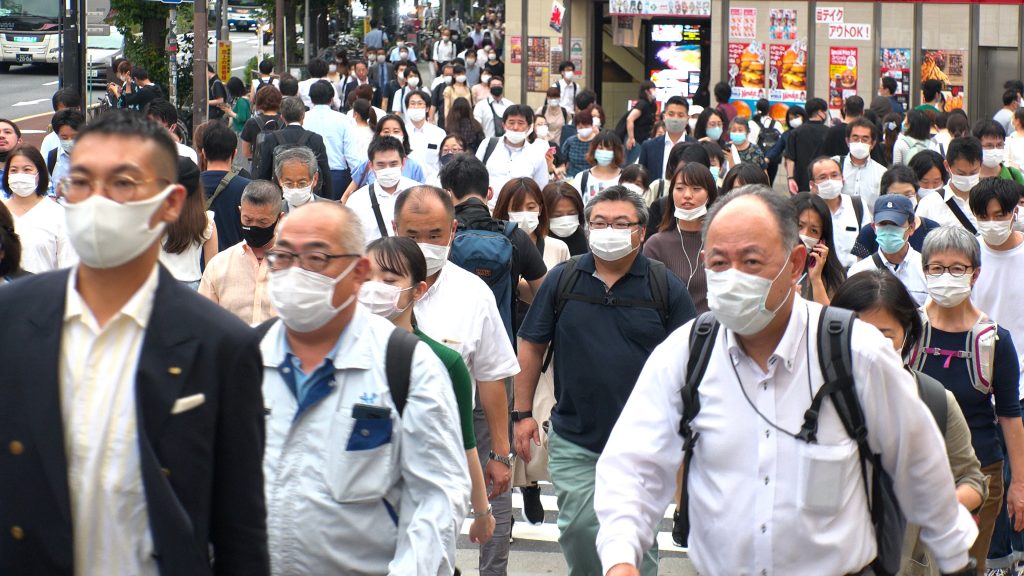
- ARAB NEWS
- 31 Jul 2025

TOKYO: The Japanese government in a meeting of its novel coronavirus response headquarters on Friday approved a set of measures to prepare for a further spread of the coronavirus.
Under the measures, designated hospitals providing advanced treatment and medical institutions at the heart of regional healthcare communities will be required to provide medical treatment for infectious diseases and secure related hospital beds during the spread of such diseases.
For hospitals that fail to meet the requirement, the country will establish penal regulations.
Privately-run hospitals will be asked to help with such efforts.
The changes will be included in a draft revision of the infectious disease prevention law to be submitted at an extraordinary session of the Diet, Japan’s parliament, this autumn.
“By establishing a system in a planned way in ordinary times, we’ll ensure medical care is provided during times of emergencies,” Prime Minister KISHIDA Fumio said at the headquarters meeting.
Under the envisaged law revision, prefectural governments and medical institutions will conclude agreements on securing hospital beds and offering so-called fever outpatient services for people with symptoms.
If medical institutions violate the agreements, they will be subject to recommendations and instructions by authorities, and their names will be disclosed.
Special functioning hospitals, which provide advanced medical care, will have their designations as such facilities rescinded if they violate the agreements. This would mean that they no longer receive favorable treatment in terms of medical fees.
In order to boost the effectiveness of Japan’s border control measures, the central government will be able to instruct individuals suspected of being infected with COVID-19 to self-isolate at home. Japan will also create penalties for people who fail to report their health status.
Japan will prepare a system enabling the central government to instruct and assist businesses on the production of face masks and drugs at times of emergency.
As the planned revision strengthens the power of the central and local governments over medical institutions, individuals and companies, it may be subject to heated discussions at the Diet.
At next year’s ordinary Diet session, the government plans to submit a bill to bolster its central command functions on infectious disease measures, and another bill to amend the special measures law for the fight against COVID-19.
The government hopes to establish a new agency for infectious disease crisis management under the Cabinet Secretariat in fiscal 2023. The envisaged agency will be headed by a deputy chief cabinet secretary-class official, while the health ministry’s chief medical and global health officer will be deputy head of the new agency.
The Japanese government will also merge the National Institute of Infectious Diseases and the National Center for Global Health and Medicine to create a new expert organization as early as fiscal 2025.
JIJI Press